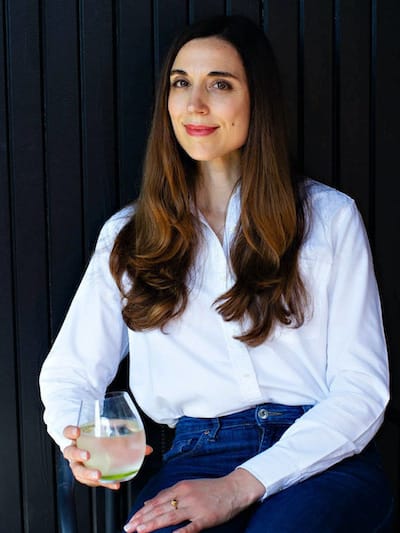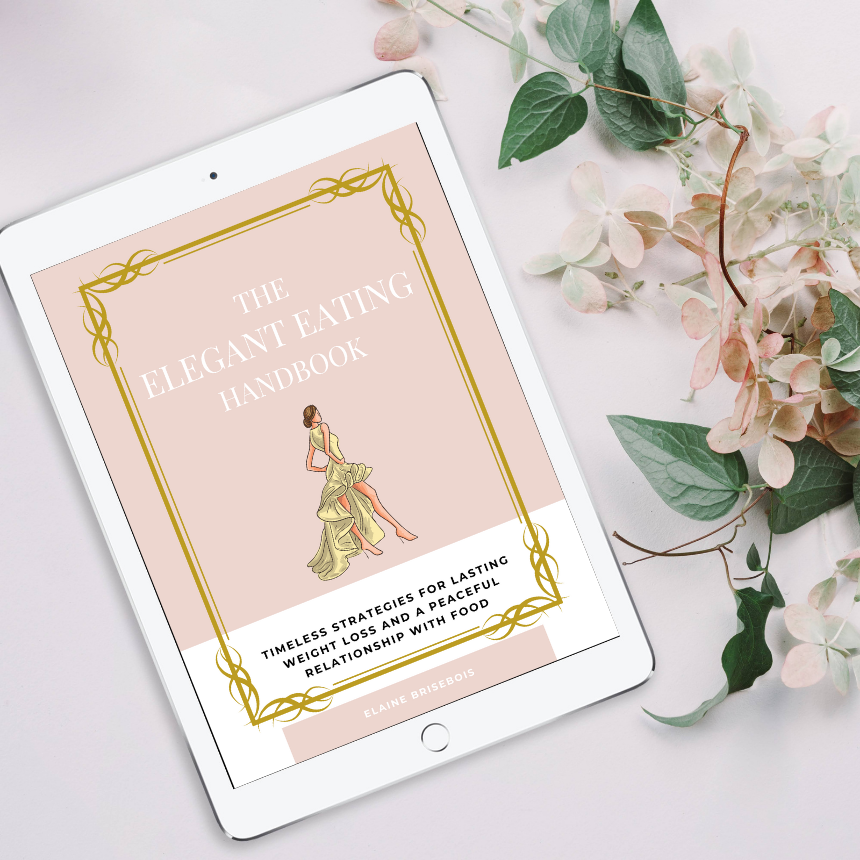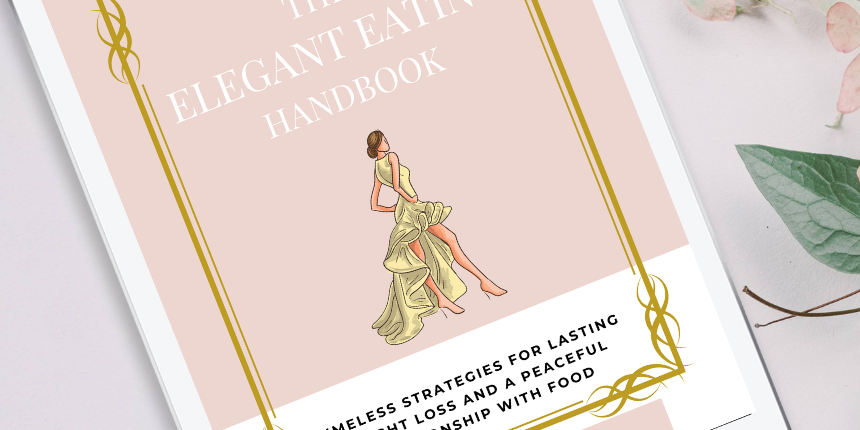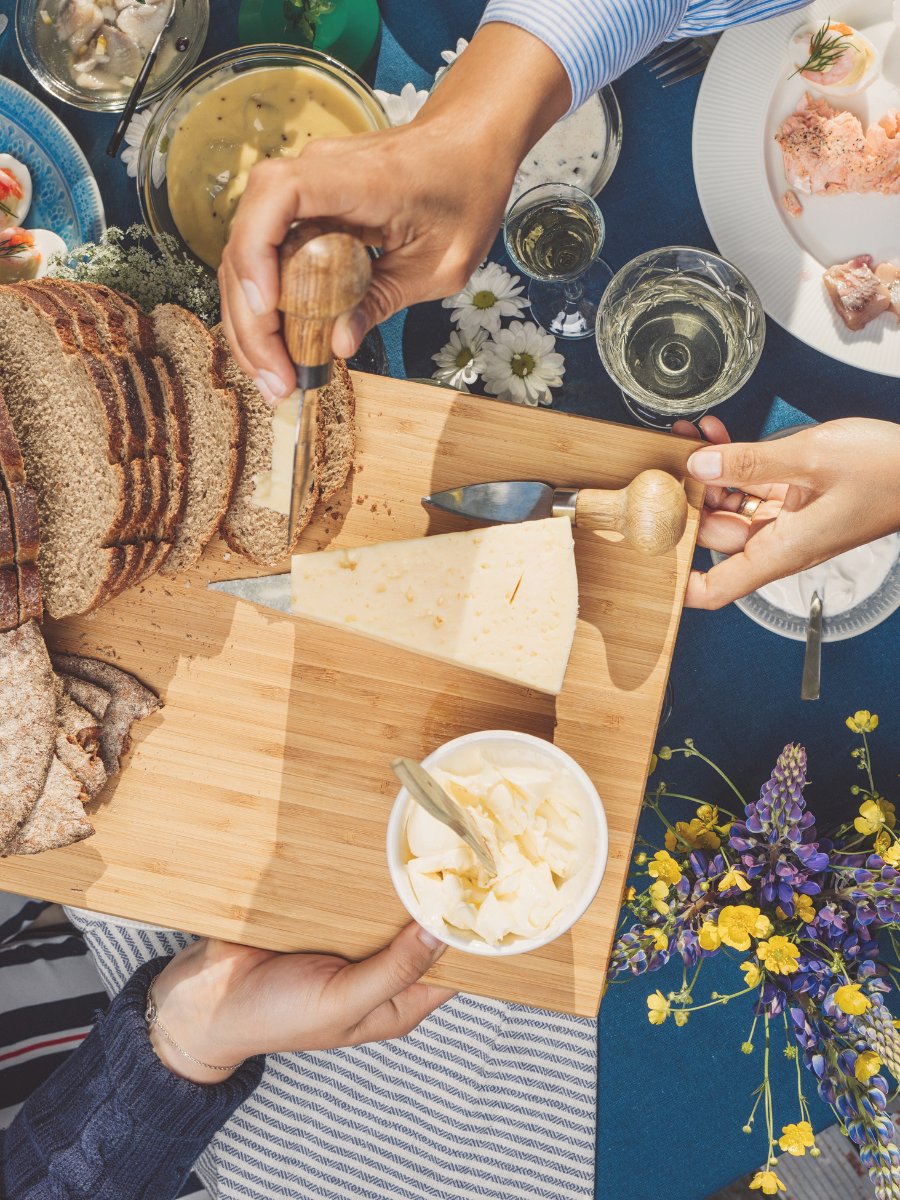One of the skills I teach my clients is how to make decisions ahead of time.
It’s arguably one of the most important skills you can build when it comes to weight, health, or performance goals (and really, any life goal).
Our natural human default is to seek comfort, avoid pain, and exert as little energy as possible.
When you understand this is your brain’s natural tendency, you can also understand why you sometimes make decisions seemingly against your own will and despite intentions to do otherwise.
You can also understand why overriding this natural default would be so difficult for so many people.
You might even be more compassionate with yourself—not think there is something inherently wrong with you (like you’re “the only one” who struggles with this).
So, how do we override our brain’s natural default?
In my coaching program, I have an exercise I have my clients complete.
You can try it too.
Although it seems simple at first glance, it’s not easy in practice.
The point of the exercise is to help:
1. Build the skill of following through on your plans and taking care of “you” in the future.
2. Build confidence and trust in yourself around your eating decisions.
3. Eat with intention rather than by default.
Here’s how it works:
I have my clients create a 24-hour plan based on what they will eat for the day.
Morning, afternoon, and evening.
Meals and snacks.
They make a plan they can confidently follow through on—as in, they are 95-100% sure they can do it.
For example, if you know you’ll want dessert after dinner, account for that by including an appropriate serving of something you would typically enjoy or choosing a healthier alternative.
If you know you usually get hungry around 3:30 pm, be sure to plan a snack.
If you have a daily doughnut habit you’re trying to quit but haven’t yet broken, add that to your plan, too.
Ideally, you would do this the night before, but you can also make your plan first thing in the morning before starting your day, assuming you have the time.
When you’re making your plan, you’ll want to consider a few important questions:
1. Will I be content (or willing) to follow this plan tomorrow? Why or why not?
2. Will I be satisfied after this meal? Why or why not?
3. Can I reasonably follow this plan, given the circumstances of my day?
4. Am I taking care of the future version of me? (Both the version of me who will have to follow through on it tomorrow and the version of me who has her desired results?)
Now you have your plan in hand—the simple part!
Of course, it’s the execution where most of us get tripped up.
Something comes up.
You don’t feel like following it.
There’s a tastier option.
You’re tempted to change things around.
Your co-worker offers you her homemade cookies.
You want a bedtime snack (that you didn’t plan).
When this happens (which it most likely will), you’ll want to reflect on the following questions (before ditching your plan altogether):
1. Why is this an option now? Why wasn’t it an option when I was making my plan?
2. How does this support the results I desire for myself?
3. Will I be happy and stand behind my choice to break my plan? If yes, great! Move on and get back to your plan at the next opportunity.
If your answer is no, practice allowing the desire (to change plans) without acting on it.
I have my clients take this one day at a time.
They’ll repeat it until they have at least one day they followed it close to 100%.
Usually, they realize they have to make changes as they go through the exercise.
Maybe they need to be more realistic with themselves.
Maybe they need to get better at foreseeing and solving potential obstacles and have a “backup” plan.
This is all data that they can collect to put their next 24-hour plan into practice.
Often, some tweaking and refining are needed to make it more realistic.
And that’s okay. It’s better to have a plan you can follow rather than one you continually abandon because it’s unrealistic for you and your lifestyle.
P.S. Do you desire high-touch 1-1 support in permanently losing weight, cultivating healthier habits, and creating a more enjoyable and peaceful relationship with food?
My 3-month program covers it all and more.
Interested? Let’s chat!

Hi! I’m Elaine, a Certified Nutritionist and Master Certified Health Coach. I support women in achieving their health and body goals while prioritizing a peaceful and balanced relationship with food.

Get a free copy of my handbook!
The Elegant Eating Handbook: Timeless Strategies for Lasting Weight Loss and a Peaceful Relationship with Food.
share with friends
keep reading...




